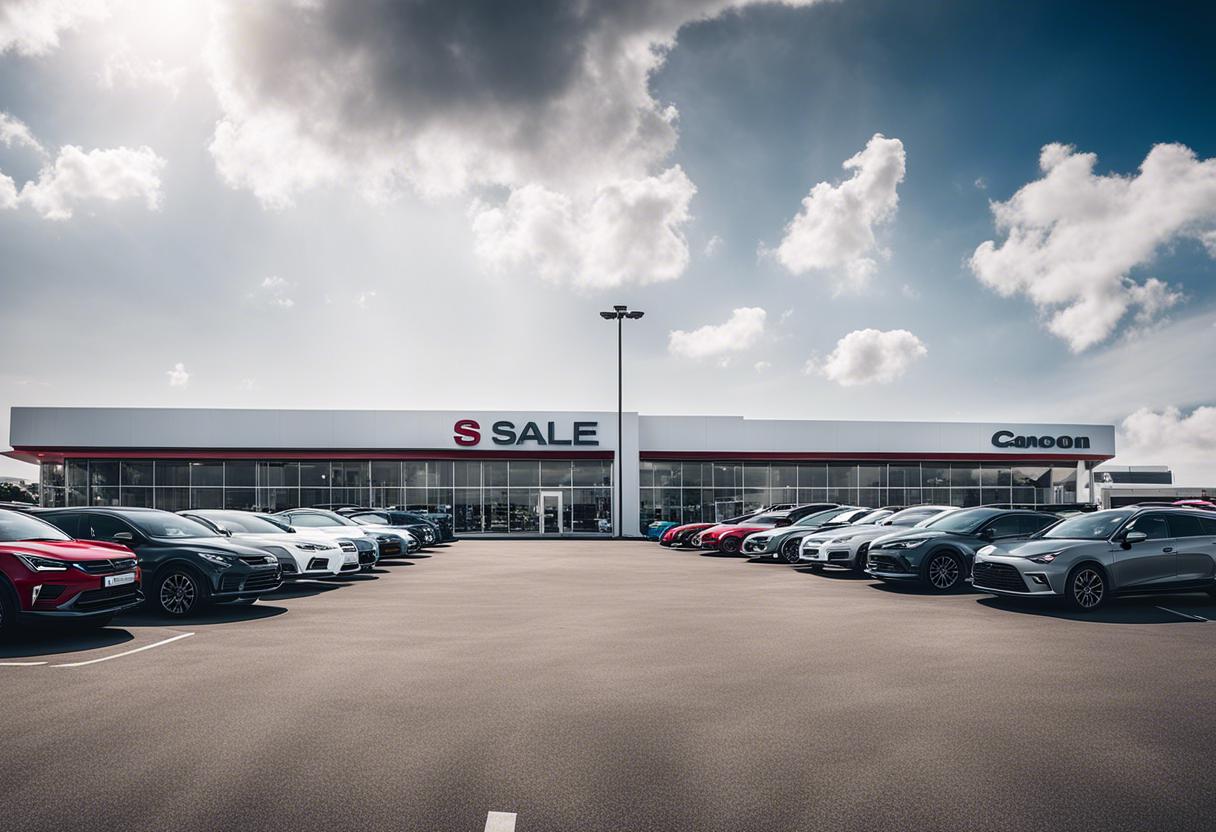New automobile registrations plummeted to 1.38 million units in the previous month, according to the European Automobile Manufacturers’ Association’s announcement on Thursday. Negative sales trends were noted in battery-operated vehicles, which experienced an 11% decline, reflecting the cooling consumer enthusiasm in countries like Germany, Sweden, and Norway.
This second decrease within four months has put added stress on automobile manufacturers who are currently facing high interest rates, weak economic development, and the gradual removal of favourable subsidies aimed to boost the demand for electric vehicles (EVs). Decreased EV sales in the first quarter of the year were reported by major carmakers such as Volkswagen, Mercedes-Benz and Tesla.
The changing trends have forced certain traditional car manufacturers to reconsider their schedule for the elimination of combustion engines. In turn, others have reversed their EV aims. In a related development, Mercedes postponed its sales projection earlier this year, now assuming that battery-operated cars will comprise less than half its total sales for a longer time than initially forecasted.
Tesla was particularly hit by the slowdown, announcing this week its plan to cut over 10% of its worldwide workforce. Italian EV sales witnessed a 34% decline last month, with potential buyers deferring purchases in hopes of the government introducing new subsidies. Meanwhile, Germany’s EV sales dipped by 29%, despite efforts from manufacturers like Volkswagen introducing their own discounts to buffer the governmental reductions in aid.
Despite the widespread introduction of new electric models appealing to a larger consumer base, particularly in markets like France and the UK, inadequate charging infrastructure still proves a stumbling block to wider adoption. Some buyers have shifted towards hybrids that feature both a battery and a combustion engine. Indeed, sales of plug-in hybrid vehicles saw a modest 0.7% rise last month, outperforming not just wholly electric cars but also gasoline-based models. Petrol-fuelled car sales in the region fell by 8%, with diesel vehicle registrations falling as sharply as 18%.

